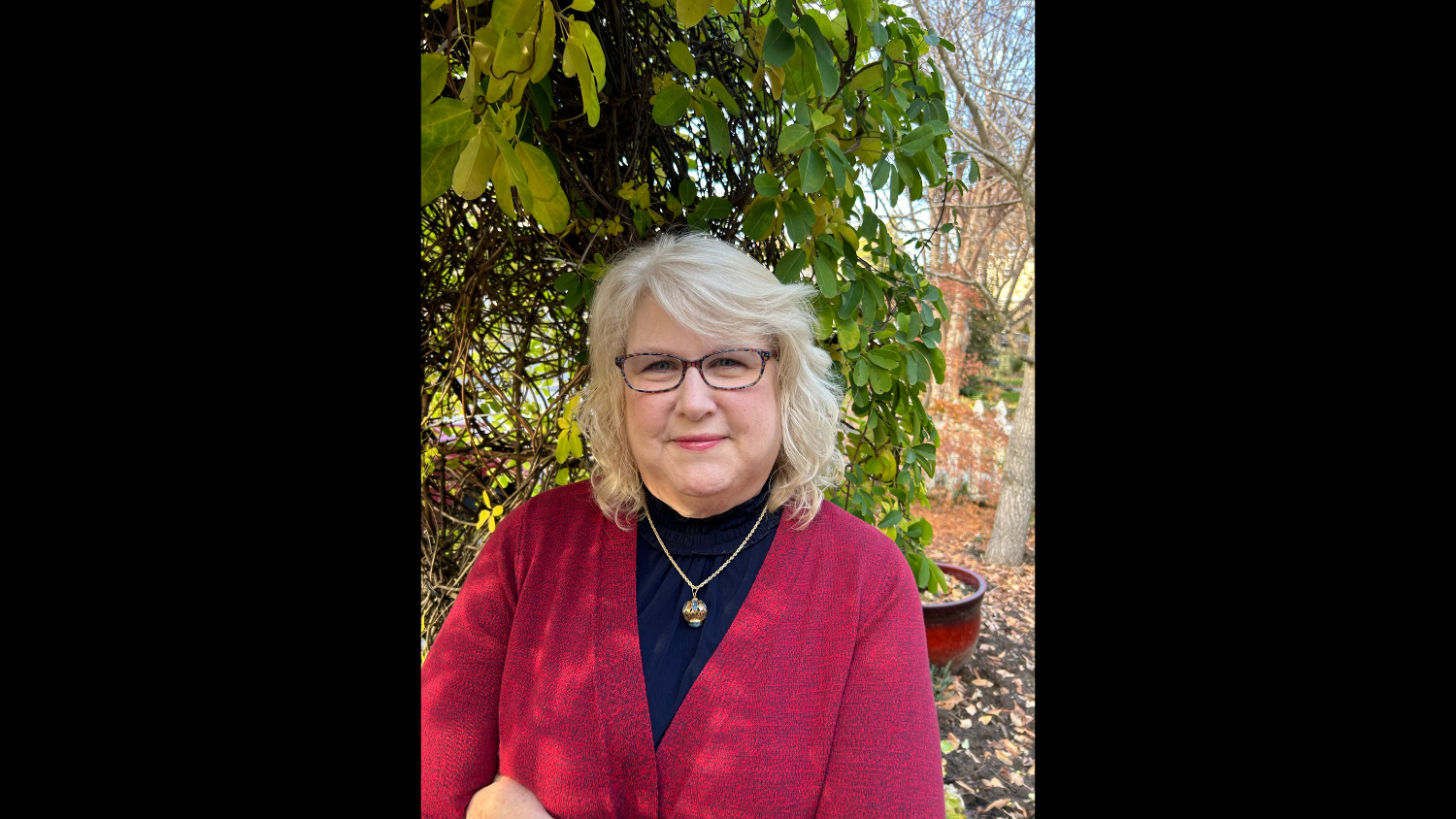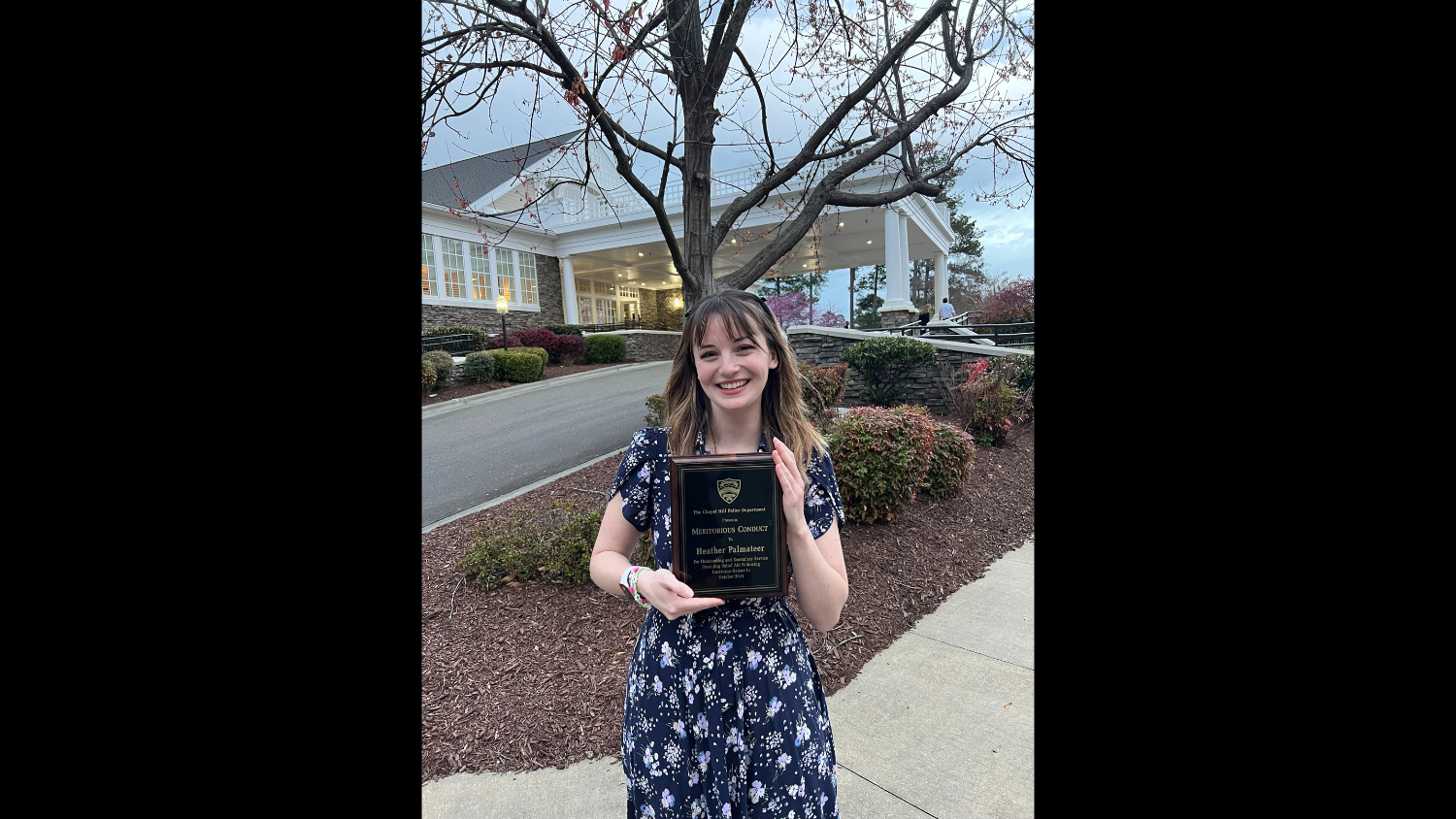The Department of Social Work at NC State Presents “Let’s Talk Fathers” with Dr. Shears
The Department of Social Work with campus partners Collegiate 100 and Men in Social Work (MiSW) were proud to host UNC – Greensboro and NC A&T’s renowned faculty member, Dr. Jeffrey K. Shears on March 17, 2015.
The event began with a reception with Dr. Shears, where attendees were able to meet and discuss with Shears’ work and research. Many of the attendees were students from various disciplines at NC State, while others were the Licensed Social Workers from partnered organizations with clients in-tow who were themselves affected by the culture of fatherlessness in America.
The reception was followed by a brief showing of Dr. Shear’s recently released documentary Spit’in Anger which addressed the various issues associated with this all-too-frequently occurring fatherless phenomenon in the African-American community. In the documentary, experts discussed the fact that research shows that growing up without a father figure causes a lack of focus and creates high-functioning individuals without the ability to deal with issues. This lack of focus is caused by the “pain of a little boy who has not dealt with the absence/loss of his father.” Many fatherless boys grow up not truly dealing with the pain of an absentee father. According to research, fatherless African-American males grow-up “trying not to think about the anger” or “trying not to worry about a man” they never knew.
The lack of a father also affects intellectual and other development. Individuals in the film voiced that their fathers were supposed to “feed them intellectually” and “teach me how to be a man.” This leads to boys searching for replacement father figures in the community and sometimes in the wrong places. The lack of a consistent father figure leads to issues later in life such as:
– The inability to deal with anger due to the belief that anger makes them hurt and weak.
– Projecting anger onto others.
– Having the lack of an emotional language and being stuck in a state of arrested emotional development.
– Running away from anger and/or fear.
– Becoming involved in criminal activities or developing addictive habits as a way to fill the emotional hole left by a never present father.
The documentary was followed by a discussion where attendees were able to discuss the documentary with Dr. Shears. Discussion included methods to combat the reoccurring multi-generational issue of a fatherless culture within the African-American community; namely to help children affected by fatherlessness to discuss the disappointment regarding the absence of their father, encouraging fathers to interact with and become attached to their children, as well as starting a dialogue with adult men who have yet to deal with the residual anger from growing up without a father.
Shears discussed the supported fact that two-parents working together raise healthier and happier children. He also added that men should at some point confront their fathers in order to move past the pain. A man who does not allow himself to move past the hurt and seek to become a good and present father is at risk of inter-generational parenting or deserting his own sons. Shears also addressed the issue of mothers and their relationship with the biological fathers of their children. He said that many fathers are not involved in their children’s lives due to issues with their relationship with the mother of the child. Shears said that mothers should help fatherless sons talk about the disappointment of growing up fatherlessness and that mothers should encourage fathers to interact and become attached with their children particularly during the child’s first year as that is when fathers form the initial bond with their children.
Shears also called for the development of community resources that would help teach fatherless sons how to cope with the absence of their parent and resources to help teach fatherless sons who grew up without an example of a father, how to be involved fathers with their own children.
After the discussion, Collegiate 100 and MiSW members Andrew Johnson and Rashad Hamilton, formally thanked Dr. Shears for honoring NC State with his visit and presentation by presenting him with a Department of Social Work travel mug and lunch box.
From Left: (Department of Social Work Department Head and BSW Program Director) Dr. Karen Bullock, Dr. Jeffrey K. Shears, (Collegiate 100 Representative) Rashad Hamilton, (MiSW member and BSW student) Andrew Johnson and (MiSW member and MSW student) Karonne Jones.
- Categories:














